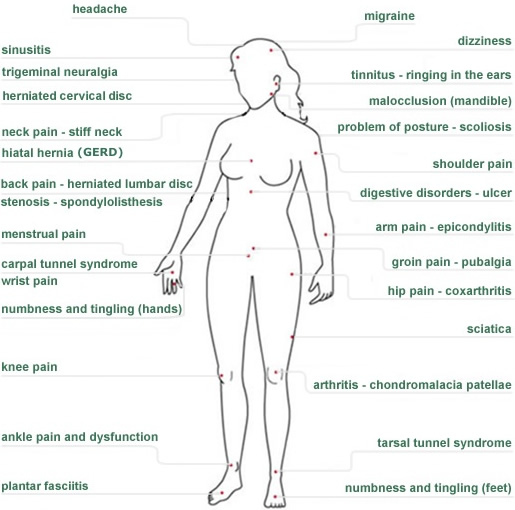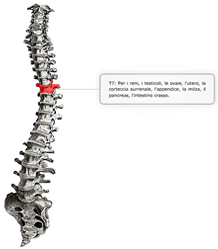Probiotics
People take probiotics because they want to improve digestive health. Nutritional companies tout the benefits of their “perfect” strains of probiotics, with over 60 billion CFU (colony forming units). But there are no perfect strains due to the wide variability of gut flora from person to person. In reality, the effects of probiotics are very unpredictable.
Dysbiosis
Intestinal dysbiosis refers to a disruption of the microbiota in the digestive tract; more harmful bacteria than beneficial bacteria. Common causes include dietary imbalances, medications, and stress. Pathogens in our gut, trigger the release of inflammatory agents. This is a welcome response to defend against bugs in our system. However, when dysbiosis persists, inflammatory responses go unresolved. Chronic inflammation then paves the way for a number of other health problems.
Can probiotics help?
Research shows that any benefit provided by probiotics are short term. Once probiotics are discontinued, the benefits are gone, unless diet and lifestyle changes are made concurrently. Applied Kinesiological testing further reveals that within just 3 to 10 days, probiotics begin to elicit adverse effects.
Conclusion
Maintaining healthy gut microbiota comes from avoid processed foods, saturated fats, and added sugars. Even healthier starches and grains should be minimized, as they tend to feed unfriendly bacteria. Regular intake of plant fiber, particularly in the form of seeds, promotes the growth of good bacteria.
There are over 1000 different flora in our gastrointestinal tract, and only 20 or so probiotic strains on the market. Rough fiber enables the body to balance its own flora better than any probiotic ever could. For more details see my newsletter on THE IMPORTANCE OF FIBER

 SCHEDULE AN APPOINTMENT
SCHEDULE AN APPOINTMENT









